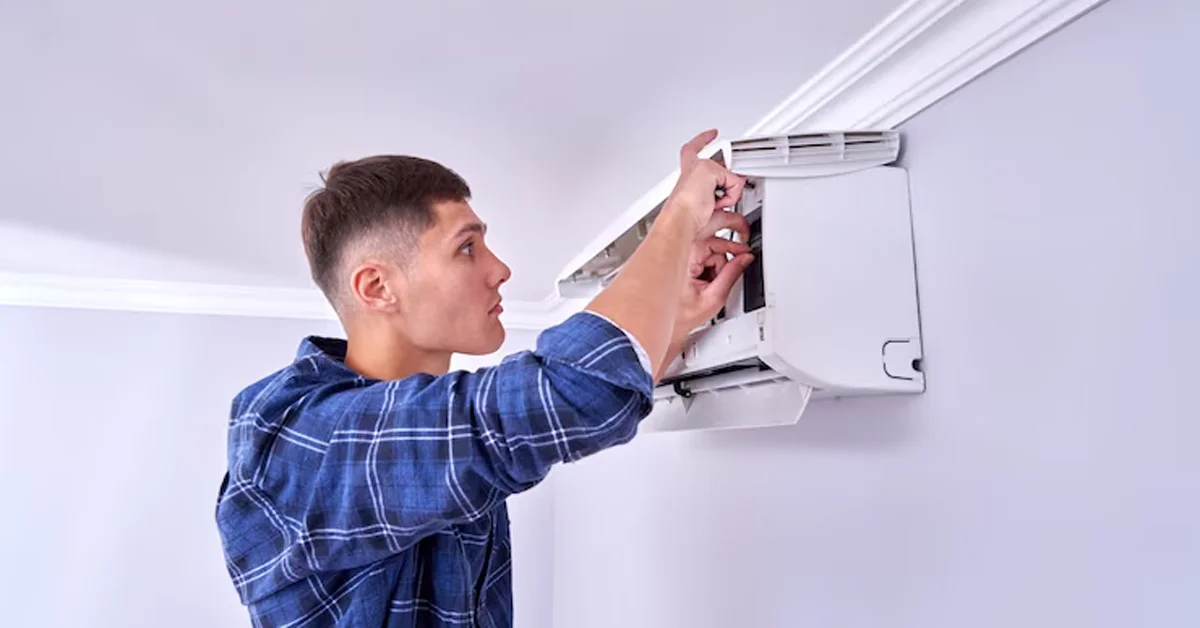When your air conditioner starts to struggle, it can be hard to know what to do next. Do you pay for another repair, or is it finally time to replace the whole system? Making the right choice can save you money, reduce stress, and keep your home comfortable during the hottest months.
Here’s what you should consider before deciding.
1. How Old Is Your System?
Air conditioners typically last 12 to 15 years. If your unit is within that range or older, replacement may be the better option. Even if it’s still running, older systems are usually less efficient and more prone to breakdowns. Over time, they cost more in repairs and energy bills than they’re worth.
2. What’s the Cost of the Repair?
Not all repairs are dealbreakers. A small issue like a clogged drain line or a faulty capacitor can often be fixed quickly and affordably. But if the repair is over $1,000 and your AC is more than 10 years old, it’s time to seriously consider replacing it.
Also, think about your recent repair history. If you’ve had to call for service more than once or twice in the last few years, you could be throwing good money after bad.
3. Is Your System Energy Efficient?
Energy efficiency is one of the biggest benefits of a newer AC unit. Systems made 10–15 years ago simply don’t compare to today’s models in terms of energy use. If your utility bills keep climbing despite regular maintenance, your air conditioner could be the cause.
Check the SEER (Seasonal Energy Efficiency Ratio) rating. Older systems may be rated 10 or less, while new models typically start at 14–16. The higher the number, the more efficient—and the more money you’ll save month to month.
4. How Well Is It Cooling Your Home?
If your AC runs constantly, struggles to keep your home cool, or cools unevenly from room to room, it’s likely not operating at full capacity. You might be adjusting the thermostat more than usual or noticing weak airflow. These are signs your system is wearing out.
Reliable comfort matters, especially during peak summer heat. If your system can’t deliver, it might be time for a change.
5. Are There Environmental or Health Concerns?
Older units often use R-22 refrigerant, which has been phased out due to environmental concerns. That makes servicing these units more expensive and difficult. Plus, aging systems can circulate dust, allergens, or even mold, affecting your indoor air quality.
The Bottom Line
If your air conditioner is still relatively new and the issue is minor, a repair might be all you need. But if the unit is old, inefficient, or unreliable, replacing it can be the smarter long-term move.
Need help making the call? Reach out to this heating & cooling company for a professional assessment. They’ll look at your system, explain your options, and help you choose what makes sense for your comfort, budget, and home.











